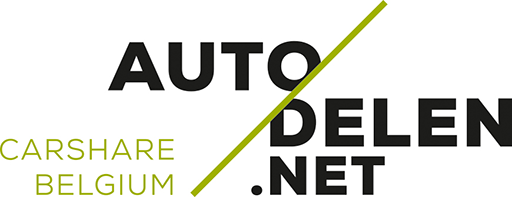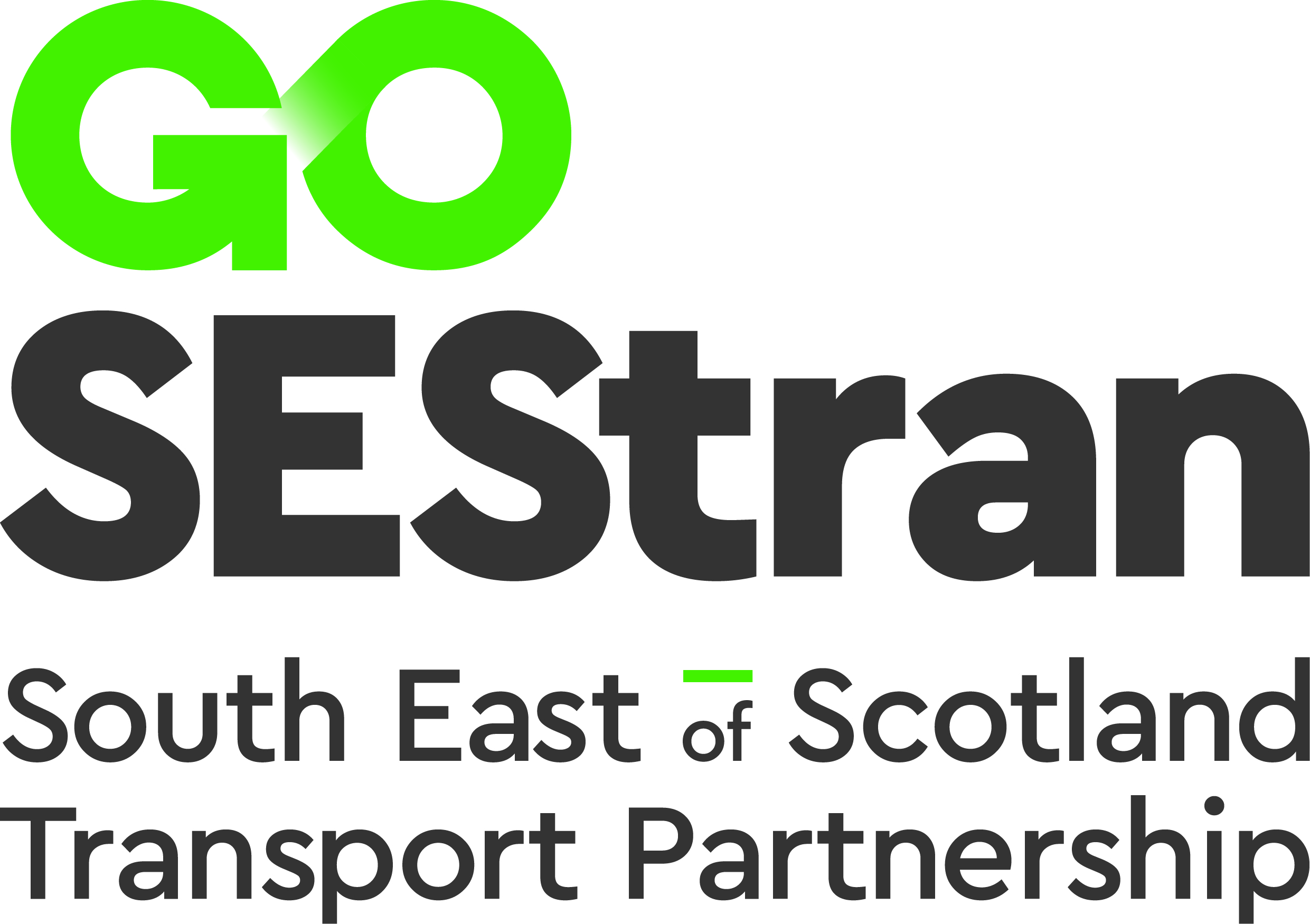Partners of SHARE-North
The challenges of sustainable transport in the North Sea Area cannot be met by technical solutions alone – it needs also requires behavioural changes. Shared mobility modes and their potential to address these challenges are the focus of the SHARE-North (SHARE-North: Shared Mobility Solutions for a Liveable and Low-Carbon North Sea Region) project idea, which was submitted to the first call for proposals of the 2014-2020 Interreg North Sea Region Programme.
Partners
City of Bremen
The Free Hanseatic City of Bremen is a city-state in the north of Germany near the North Sea and is Germany’s 10th largest city with a population of over 565,000 inhabitants. The Ministry for Climate Protection, the Environment, Mobility, Urban and Housing Development (Die Senatorin für Klimaschutz, Umwelt, Mobilität, Stadtentwicklung und Wohnungsbau) is the supreme building authority for the City of Bremen and is responsible for a wide range of administrative activities. The mobility concept for the city includes coordinated, non-discriminate planning for all modes of transport – pedestrian, bicycles, public transport, passenger rail transport, automobiles and commercial transport – geared toward efficiency, accessibility and social, economic and environmental sustainability.
In the SHARE-North project, the City of Bremen acts as project manager and lead beneficiary for the project consortium. The City’s goals within the project are, among other things, to promote a comprehensive, strategic and practical approach to urban and regional transport/accessibility through shared mobility solutions in the North Sea Region in the context of climate change and social inclusion and liveable cities and regions.
Advier
Advier is a dynamic company located in the Dutch city of Delft which aims to keep moving the world. The movement to and between locations that provide the economic functioning of these locations is the field of expertise of Advier. Advier works on the logistics of people as a prerequisite for a sustainable economy. This is shown in several European projects and cities where Advier is active. From London to Moscow and from Lisbon to Helsinki, Advier works on Public Private Partnerships for where the total accessibility by public transport, bicycle, car, shared vehicles and fleets and of course the internet contributes to a better economic functioning of nodes.
autodelen.net
Autodelen.net is the Flemish Carsharing network. The main goal is to maximise the ecological, social and economic benefits of car-sharing through:
* Combining and defending the interests of all car-sharing providers and private car-sharing groups
* Representing car-sharing providers in work with (local) governments
* Developing the general concept of car-sharing
* Developing innovation and pilot projects
The organisation is committed to a sustainable society in which car use becomes more important than car ownership, in which everyone is mobile and in which anyone who needs a car, can use one. Autodelen.net is working toward neighbourhoods with lots of space (for people), clean air and a great sense of community and togetherness. Car-sharing is one of the solutions because it responds to different policy areas such as environment, mobility, social cohesion, liveability of neighborhoods, inclusion and accessibility.
Autodelen.net is also the co-founder of the mobipunt initiative in Flanders and Shared Mobility Rocks.
City of Bergen
Bergen is the second largest city in Norway and has approximately 270,000 inhabitants. Bergen continues to strive to make its transport system more sustainable through a multi-faceted approach involving electric mobility, car sharing, mobility management and increasing the modal share of cyclists.
Bergen is working on strategies to improve bicycle infrastructure, to increase the currently very low modal share of bicycles as well as strategies to strengthen the public transport system to cope with the expected growth in population and reduce private car traffic at the same time. Some of the newer solutions for more sustainable mobility are linked to the transition to the sharing economy or the collaborative consumption. Bergen has several measures to improve car sharing services and offers including plans to build new on-street mobility stations á la Bremen. Bergen is also collaborating with regional and state authorities to promote instant ridesharing via smartphones and newly developed apps that connect drivers and passengers and even taxi and bus services.
CoMoUK
CoMoUK (formerly Carplus Bikeplus) is a UK-based NGO whose overall competences relate to sector intelligence in shared mobility: car clubs (since 1999 as Carplus), bike sharing (since 2016 as Bikeplus). This comprises being accepted leaders in the UK in creating commercially impartial evidence, synthesising information and knowledge from and about the sector into guidance, advice and best practice and designing/delivering demonstration and pilot projects and programmes. CoMoUK’s main assets include its impartiality on representing the public benefit of the sector and its ability to be progressive in creating conditions “to accelerate best practice and nurture innovation” in shared transport.
Leiedal
Intercommunale Leiedal organises the cooperation of 13 cities and municipalities in the Kortrijk region (300,000 inhabitants) on socio-economic development of the region. Leiedal supports policies of cities and municipalities in the field of spatial planning, spatial design, e-government, mobility, local low carbon strategies, networking and participation and others. Leiedal developed an intermunicipal sustainable energy action plan (EU Covenant of Mayors) in which local authorities‘ priorities of CO2 reduction are defined, and supports implementation and participation.
In its Strategic Plan 2013-2018, Leiedal expressed ambitions about sustainable mobility and a climate neutral region. In recent years, Leiedal has gathered experience and capacity in the field of mobility and business park management. The Flemish government granted several projects of Leiedal on mobility, such as “Together smarter to Work” (stimulating and promoting of several kinds of shared mobility for businesses and employees: bike sharing, carpooling, collective transport to businesses, public transport, city distribution, etc.) and the „REKOVER“ Project (linking spatial planning with public transport).
Lund University
The Department of Environmental Strategy, ISM, at Lund University in Helsingborg, Sweden has competences in the areas of: sustainable urban development, sustainable transportation, carpools, combinations of different public transportation strategies, ecosystem services in relation to the space needed for roads and parking places in urban areas, calculations about reduced demands for parking places in relation to car-pools, production and use of renewable fuels (biogas), the climate change problem linked to urban systems, CO2 balances and pedagogical aspects of reduced energy demands. In the SHARE-North project, Lund University will head the task of developing policy recommendations for the field of shared mobility and will actively guide the assessment process of the project’s activities.
South East of Scotland Transport Partnership (SEStran)
SEStran is one of 7 Regional Transport Partnerships in Scotland. Our partnership area includes 8 local authorities, within an area of 3,180sq miles and is home to 28% of Scotland’s population.There is a huge diversity of transportation issues within the SEStran partnership area, from urban congestion to rural public transport and from ferry ports to airports. SEStran aims to address these issues and work towards a more sustainable and efficient transport network.
Mpact (formerly Taxistop)
Mpact is a Belgian social profit organisation that offers many (mobility) services to a broad public. Mpact is operator of different sharing initiatives, in particular with regard to ride sharing and car sharing and their impacts, and the co-founder of the mobipunt initiative and Shared Mobility Rocks. In addition to this, Mpact organises campaigns like Car Free Day and Mobility Week. Besides operating shared mobility, Mpact is also the main reference point for shared mobility for local media and political parties. Mpact writes memoranda on shared mobility for every election and is member of the Flemish Advisory Board for Transport. Mpact is also member of the Seamless Mobility Committee of the UITP (International platform for Public Transport operators) and advises the European Council on Shared Mobility as part of the “Responding Together – Social Cohesion” project.
West Yorkshire Combined Authority
WYCA is the Local Transport Authority for the region of West Yorkshire, UK and combines the Strategic Transport & Economic Development roles across West Yorkshire for Bradford, Calderdale, Kirklees, Leeds and Wakefield Councils and 2.2 million people. WYCA has a duty to develop and maintain a Local Transport Plan (or SUMP). WYCA is delivering an integrated transport network to support people, business, economy and growth in West Yorkshire and in doing so, provides for, and promotes low carbon, low emission, sustainable transport.
Invited Experts:
- Mobility Academy (www.mobilityacademy.ch/)
Other Partnerships
In addition to close cooperation with members of the project consortium, SHARE-North will also work closely with countless informal partners across the North Sea Region who have expressed their interest in the project and their readiness to cooperate with the project consortium in joint events and provide their input in the development of joint recommendations. Letters of Support have been received from the following municipalities, mobility providers, NGOs and international organisations:
- The International Transport Forum at the Organisation for Economic Cooperation and Development (OECD)
- City of Copenhagen (DK)
- The Dutch Ministry of Infrastucture and the Environment (NL)
- City of Helsingborg (SE)
- City of Ghent (BE)
- City of Bruges (BE)
- City of Diksmuide (BE)
- City of Zedelgem (BE)
- Hordaland County Council (NO)
- Municipality of De Panne (BE)
- Edinburgh College (UK)
- City Car Club (UK)
- Cambio Bremen, Car Sharing provider (DE)
- Taxi Federation (BE)
- Bundesverband CarSharing, German Association of Car Sharing Providers (DE)
- Network Sustainable Mobility, NDM (BE)
- Netwerk Bewust Verbruiken (BE)
- Bildeleringen in Bergen (NO
- GentsMilieuFront (BE)
- Kam-EL, Ride Share Initiative in Bergen (NO)
- Let’s Go, Car Sharing provider (DK)
- Liftshare, Ride Share Initiative (UK)
- Partago, E-Car Sharing provider (BE)
- VAB, Flemish Automobile Association (BE)
- shareNL (NL)
- cambio Belgium, Car Sharing provider
- Degage, Car Sharing provider (BE)
- Mobiliteitsloket (NL)
- De Natuur en Milieufederaties (NL)

 Share North
Share North









